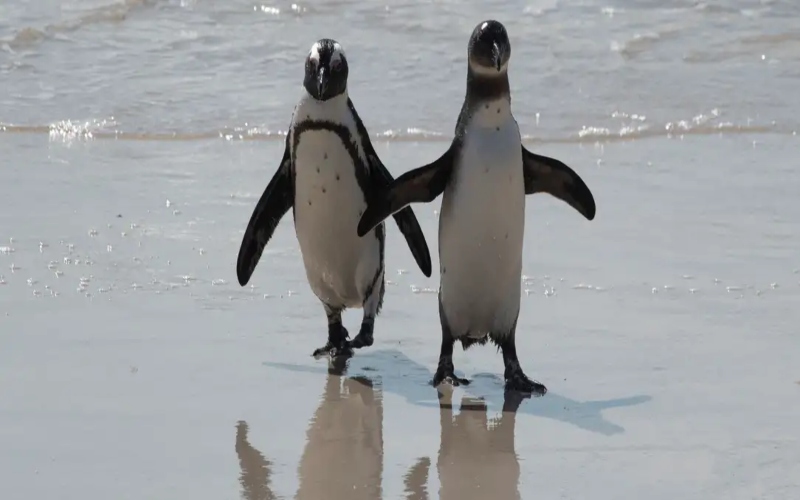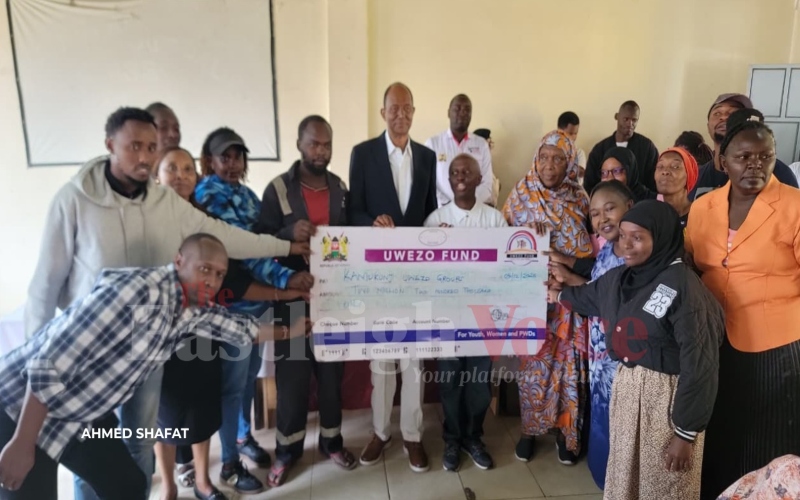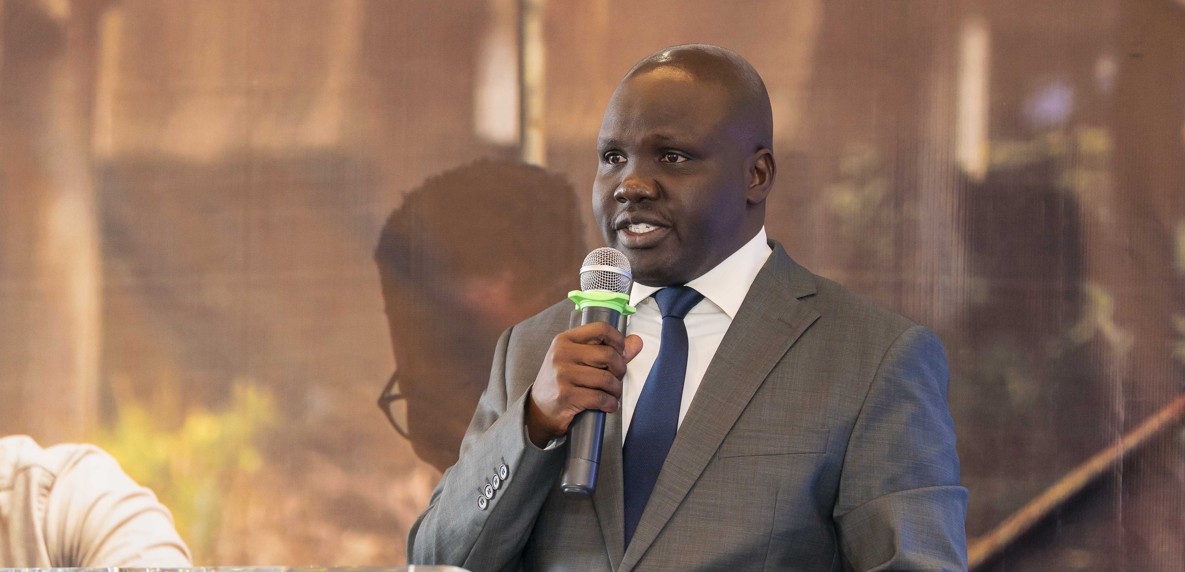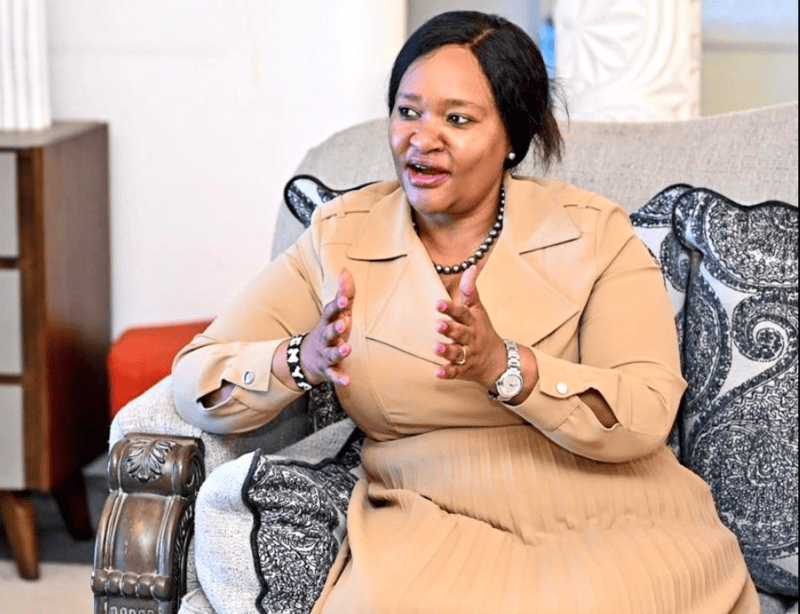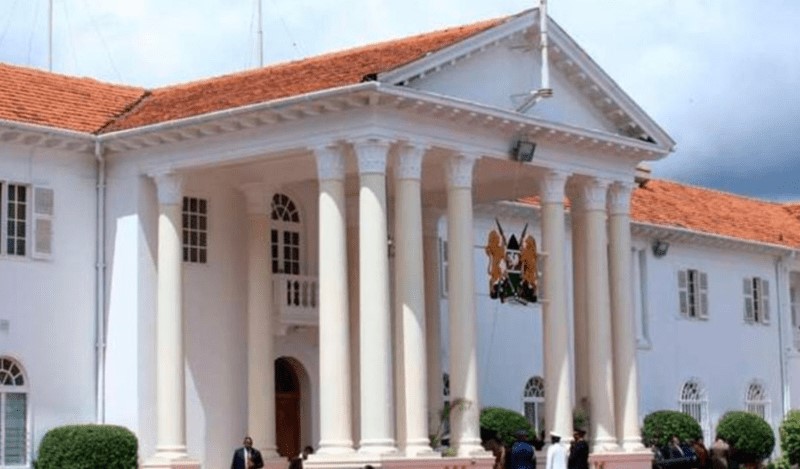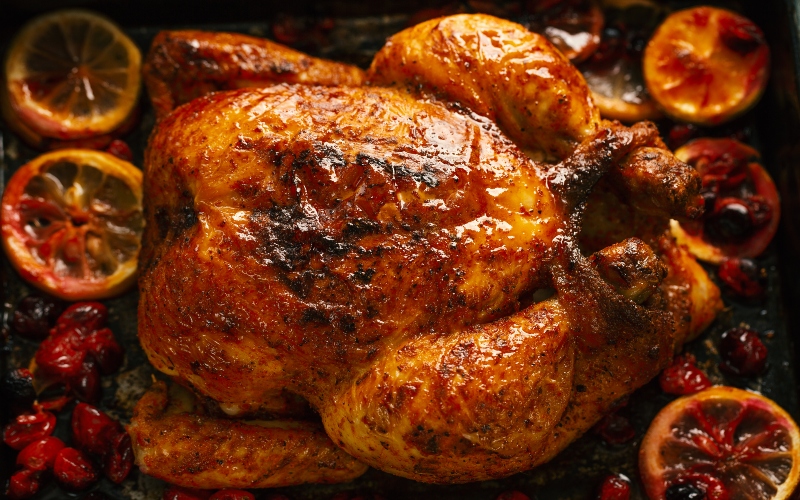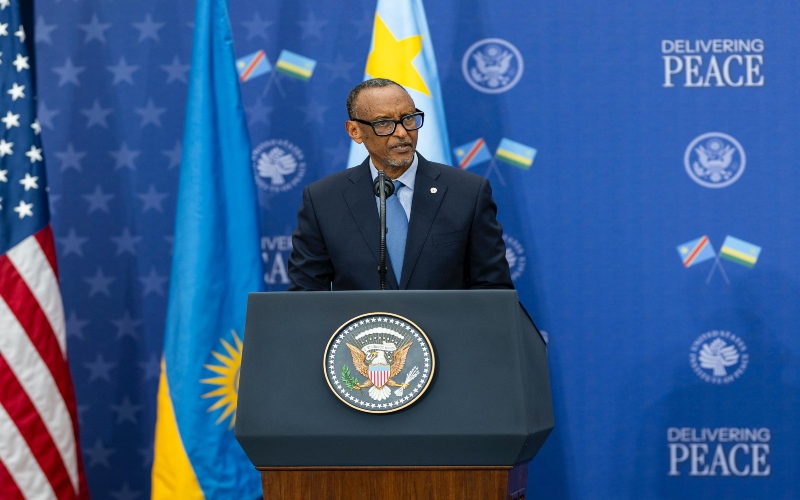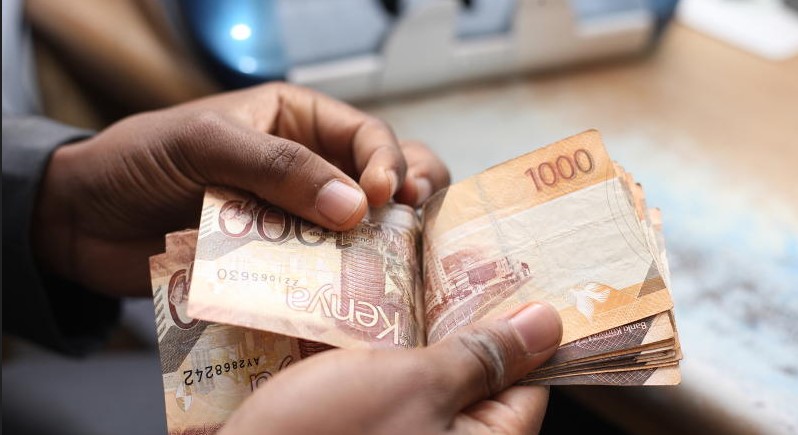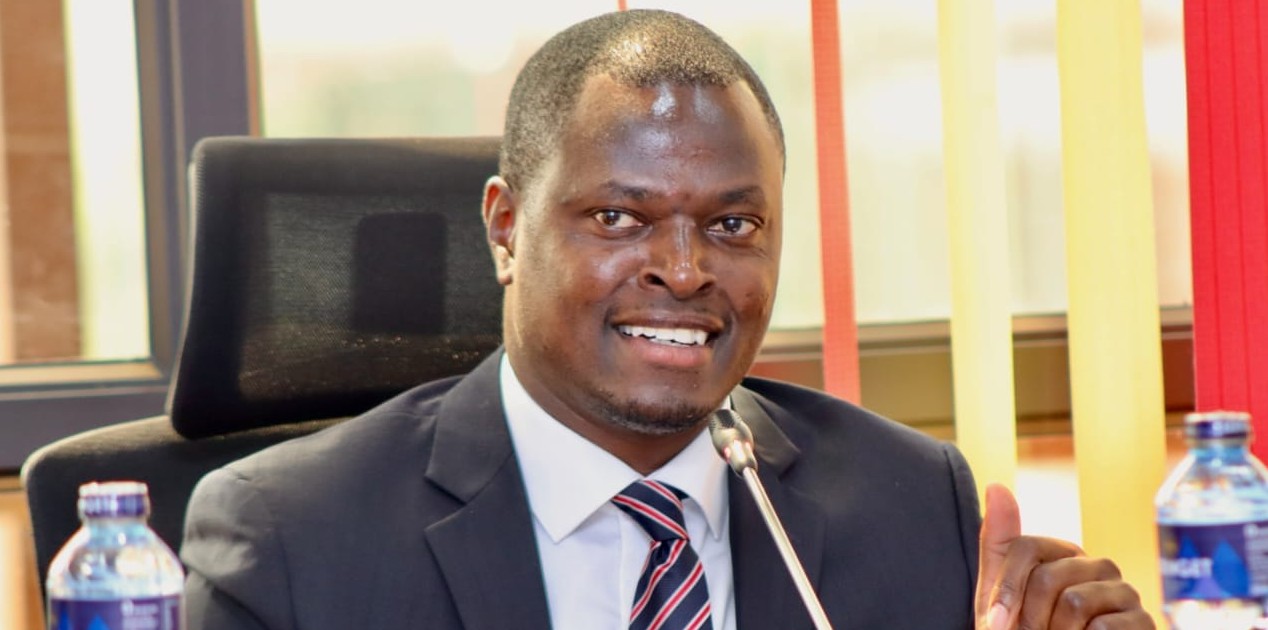Audit reveals Sh3 billion spent in nine months at Office of the President amid austerity pledges
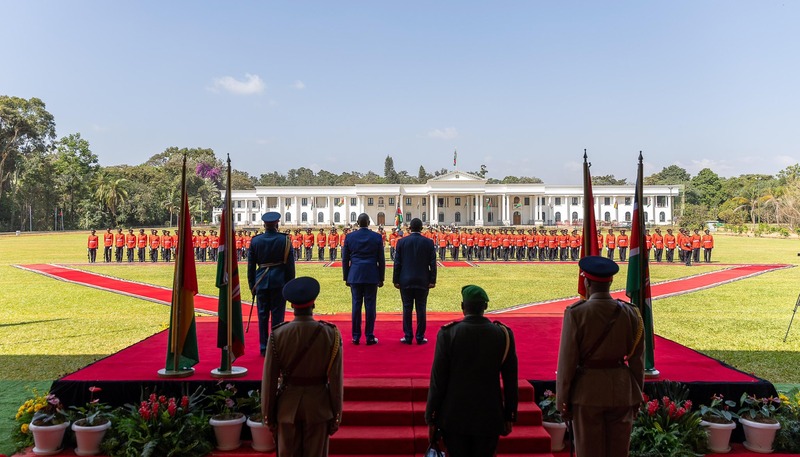
The report by Controller of Budget Margaret Nyakango shows that Sh1.2 billion was used on salaries, Sh145.3 million on domestic travel, and Sh16.9 million on utilities.
Despite the government’s repeated pledges to cut public spending, the Office of the President spent Sh3 billion within nine months, with millions going into travel, hospitality and loosely defined expenses.
The report by Controller of Budget Margaret Nyakango shows that Sh1.2 billion was used on salaries, Sh145.3 million on domestic travel, and Sh16.9 million on utilities. A further Sh899.8 million was categorised as other expenses, while Sh222.4 million went to rentals and Sh165.2 million to hospitality.
More To Read
- Treasury CS John Mbadi defends ballooning State House budget
- Parliament seeks Controller of Budget control of Sh63 billion Housing Levy to curb misuse
- State House overshoots budget by 125 per cent in first quarter of 2025/26 - Treasury
- Controller of Budget urges faster adoption of e-GPS for public projects
- Revenue gaps, budget misalignments hurting service delivery, warns Auditor General
- Christian professionals seek to join case challenging construction of Church at State House
The report also details Sh136.4 million spent on specialised materials, Sh42.9 million on fuel, Sh15.3 million on grants, and Sh12.9 million on social security. Office supplies cost Sh39.9 million, foreign travel Sh30.4 million, printing Sh8.5 million, and Sh26.7 million was used to acquire non-financial assets.
The Deputy President’s office recorded Sh2.2 billion in total expenditure during the same period. Sh717.4 million went to salaries, Sh196.2 million to domestic travel, and Sh22.9 million to utilities and services. The office also spent Sh346.7 million under other expenses, Sh115.1 million on rentals, and Sh295.1 million on hospitality.
Additional costs include Sh105.6 million for fuel, Sh69.9 million for office supplies, Sh43.7 million for printing and advertising, Sh86 million for non-financial assets, Sh22.4 million for foreign travel, and Sh1.1 million for social security benefits.
Nyakango expressed concern over the government’s increasing use of Article 223 of the Constitution, which allows spending ahead of Parliament’s approval through a supplementary budget. She warned that this provision is meant only for emergencies or unforeseen needs, not existing programmes or predictable costs.
According to the report, the National Treasury approved Sh48.89 billion in additional funding under Article 223. State House alone received Sh1.16 billion from this allocation, used for utilities, rent, hospitality, fuel, and vehicle maintenance.
The report also highlighted delays in government projects. Classrooms and integrated resource centres intended for junior secondary learners were only 21 per cent complete, despite a completion deadline of June 2026. These projects began in July 2021 as part of the shift to the new education system.
Road projects such as the Mlan-go-Benon-State Lodge-Sach 3–Riwo Pri–Store–Mto Mbili road and Chobe–Kambi George–Matundura–Thindi road were also flagged, with progress stuck at 10 and 13 per cent respectively. Rail projects like the Nairobi Railway City and the Miritini–Makupa link were behind schedule despite missed deadlines.
While some ministries reported lower costs, key departments recorded rising spending. Domestic travel by MDAs dropped by Sh600 million, and hospitality was down by Sh900 million compared to the same period the previous year. But the Office of the President increased domestic travel spending to Sh145 million from Sh34 million. State House recorded a Sh1 billion spend on local trips, up from Sh750 million.
The internal security department, which supports presidential activities, increased its domestic travel budget by 60 per cent—from Sh650 million to Sh1.04 billion.
Despite Parliament reducing foreign travel budgets, the President’s office spent Sh9 million more on such trips. Total government travel costs stood at Sh16.83 billion, with Sh2.29 billion for foreign travel alone. The Foreign Affairs department also spent Sh216.3 million on promoting Raila Odinga’s African Union chairmanship campaign.
State House hospitality spending remained high at Sh697 million, with only a small drop from the previous year. The report also shows that fuel costs rose by Sh100 million and vehicle maintenance by Sh400 million, offsetting savings made in other areas like printing, rentals, and insurance.
Pending bills remain a major issue. By March 2025, the government owed Sh511.75 billion, much of it to small businesses that continue to suffer from delayed payments.
President William Ruto had promised to slash wasteful spending by dissolving 47 state corporations, cutting advisory positions by half and suspending non-essential travel. But the Controller of Budget’s figures show that top offices have not fully aligned with these commitments.
Elsewhere, the State Department for Medical Services spent Sh1.06 billion under an ambiguous "other expenses" label, which included routine maintenance costs that lacked clarity, raising further concerns over accountability in spending.
Top Stories Today
